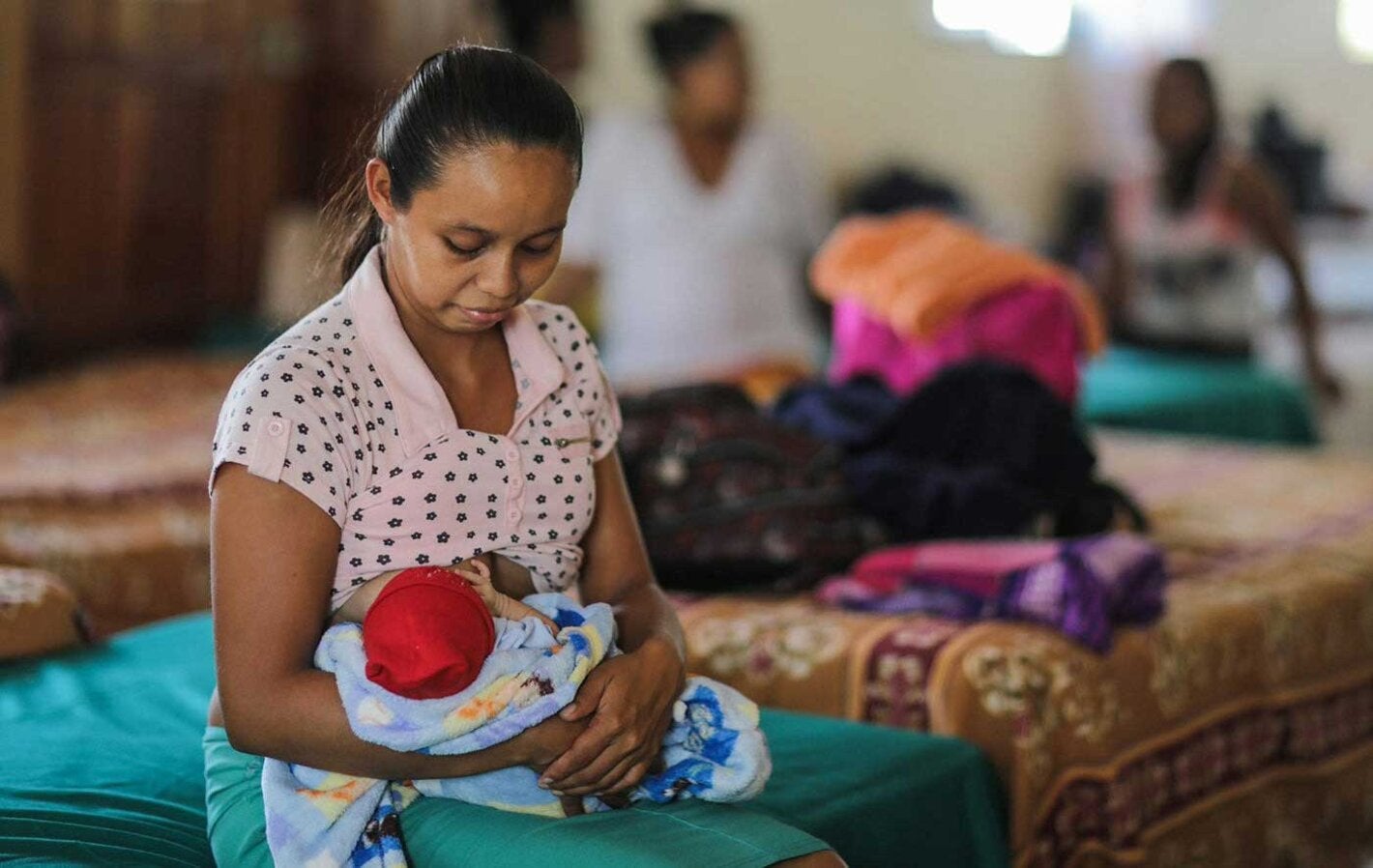
As part of the commemoration of World Chagas Disease Day, PAHO renews the need to sustain quality care during pregnancy, birth and postpartum.
Montevideo, April 14th, 2020- Each year, nearly 12,000 people die in the Americas due to Chagas disease, an endemic parasite that can be transmitted through insects known as vinchucas, chinches or chirimachas, but also through transfusions, food or transplacental means.
The latest available figures, from 2010, estimate that between 9,000 and 15,000 newborns become infected with Chagas annually during pregnancy and that 1.1 million women of reproductive age in Latin America and the Caribbean are infected.
Last year, in the framework of the 57th Directing Council, the countries of the region reaffirmed their commitment to collective actions to combat communicable diseases and to achieve Goal 10 of the Sustainable Health Agenda for the Americas (ASSA) 2030 to reduce the burden of communicable diseases and eliminate neglected diseases, including Chagas infection.
Similarly, the agreement for the Elimination of Vertical Transmission of the disease was reinforced in the context of EMTCT Plus (the elimination of mother-to-child transmission of HIV infection, syphilis, congenital Chagas disease, and perinatal infection with the hepatitis B virus). "With a regional commitment, it is possible to think of new generations born free of Chagas disease," says Dr. Rodolfo Gomez, regional advisor for sexual and reproductive health at PAHO's Latin American Center for Perinatology, Women's Health and Reproductive Health (CLAP).
Among the recommendations to countries to eliminate transplacental transmission of this disease, PAHO proposes not only measures to be carried out during delivery, such as routine screening of all pregnant women and care and follow-up of those who test positive, but also indications for the time of delivery, such as serological and parasitological tests for newborns of infected mothers and for post-delivery (treatment of mothers and children before the year and clinical follow-up until cure). "Screening of pregnant women and appropriate diagnosis, treatment and follow-up of newborns when the infection is confirmed in the mother are essential to achieve cure, when implemented in a timely manner. Similarly, sustaining neonatal screening and surveillance is a priority," explains Dr. Pablo Durán, Regional Advisor on Perinatal Health at CLAP.
Other interventions are also recommended, such as diagnosis and treatment in girls and women of reproductive age, accelerating actions to interrupt home transmission through the main vectors (vinchuca), and screening in siblings of the newborn



